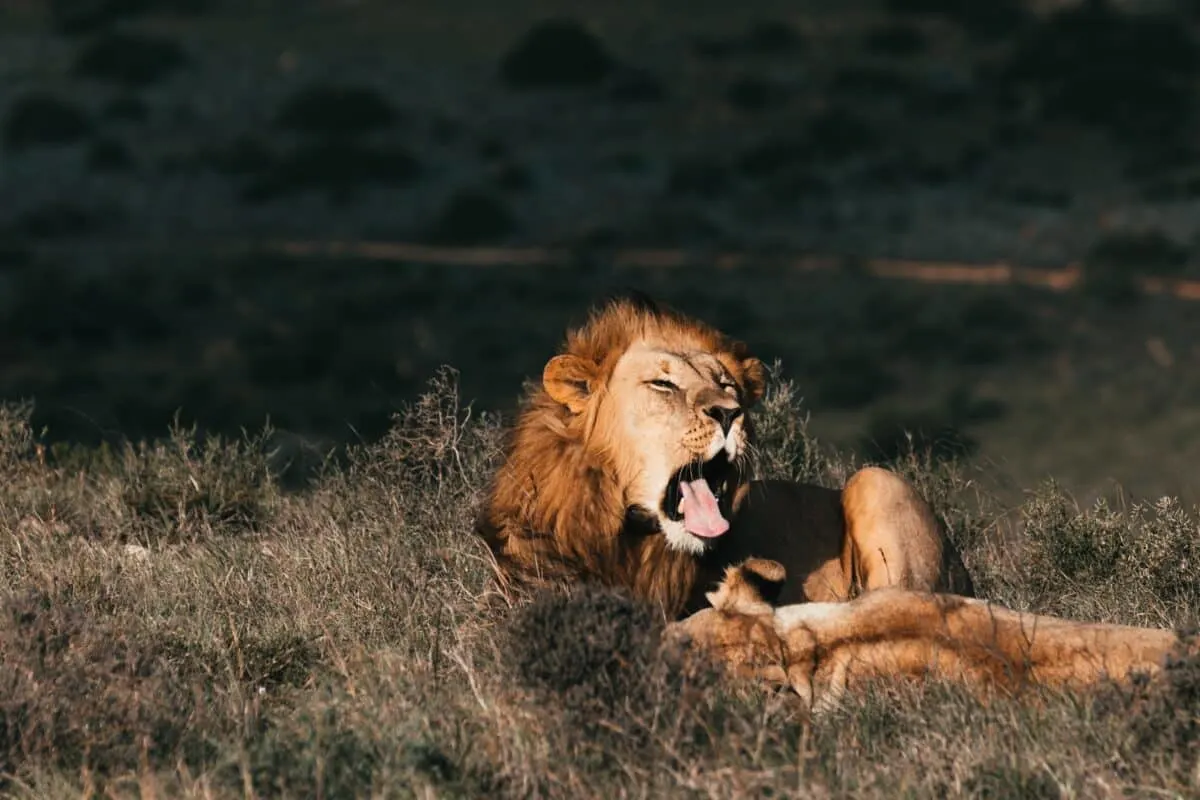Ever “caught” a yawn after someone nearby yawned? As it turns out, humans aren’t the only animals that are contagious to yawning. Not only do animals yawn, many animal species, and interestingly mostly social species, are susceptible to contagious yawning.
There’s even a good chance that you’ll catch a yawn while reading this article!
But Why Do Humans Yawn?

Yawns are an involuntary and powerful opening of the jaw that often, but not always, includes a deep breath of air. We often associate yawning with being tired or bored, and, accordingly, it is widely believed that we yawn for an increased flow of oxygen into our blood. However, this is not the case.
Psychologist Robert Provine proved that yawning takes place when we change states, be it emotional, psychological, or physical. For instance, becoming tired is considered a “changing of a mental state.”
It has also been found that feelings of anxiety increase the chances of yawning, but this is still poorly understood.
Do Animals Yawn The Same Way As Humans?

The mechanism of action of yawning appears to be the same across species; namely, as an involuntary physical reflex. Yawning carries unwanted risks for animals, though, as it renders them momentarily off-guard.
Yawning can be triggered internally within an animal, or socially by the yawns of others. Most animals yawn due to the first reason, but only social animals, like primates and dogs, have been found to yawn socially, or “catch” a contagious yawn.
Evolution of Yawning
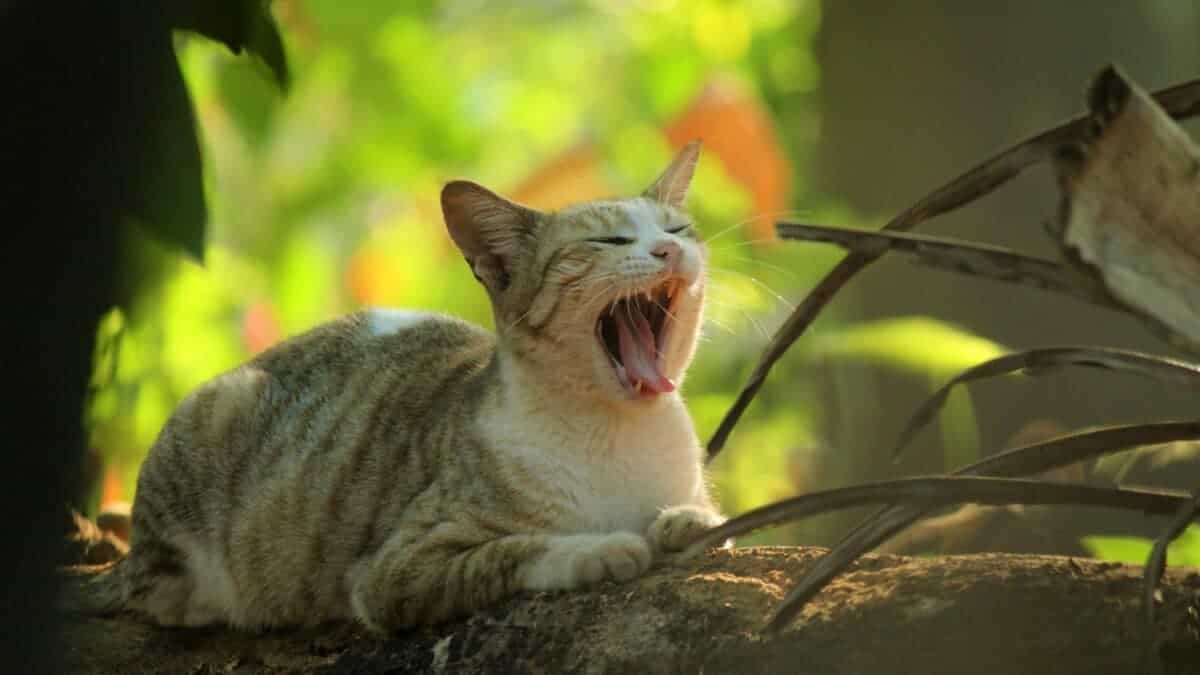
Charles Darwin himself contemplated whether yawning was an evolutionary link between man and other animals. It appears that yawning may have evolved as a way that animals prepare themselves for a change of state, such as in preparation for a fight, or to cool themselves down.
The part of our brains most likely linked to yawning is the hypothalamus, which is also responsible for secreting hormones related to body temperature, hunger, mood, and sex drive.
Why is Yawning Contagious?
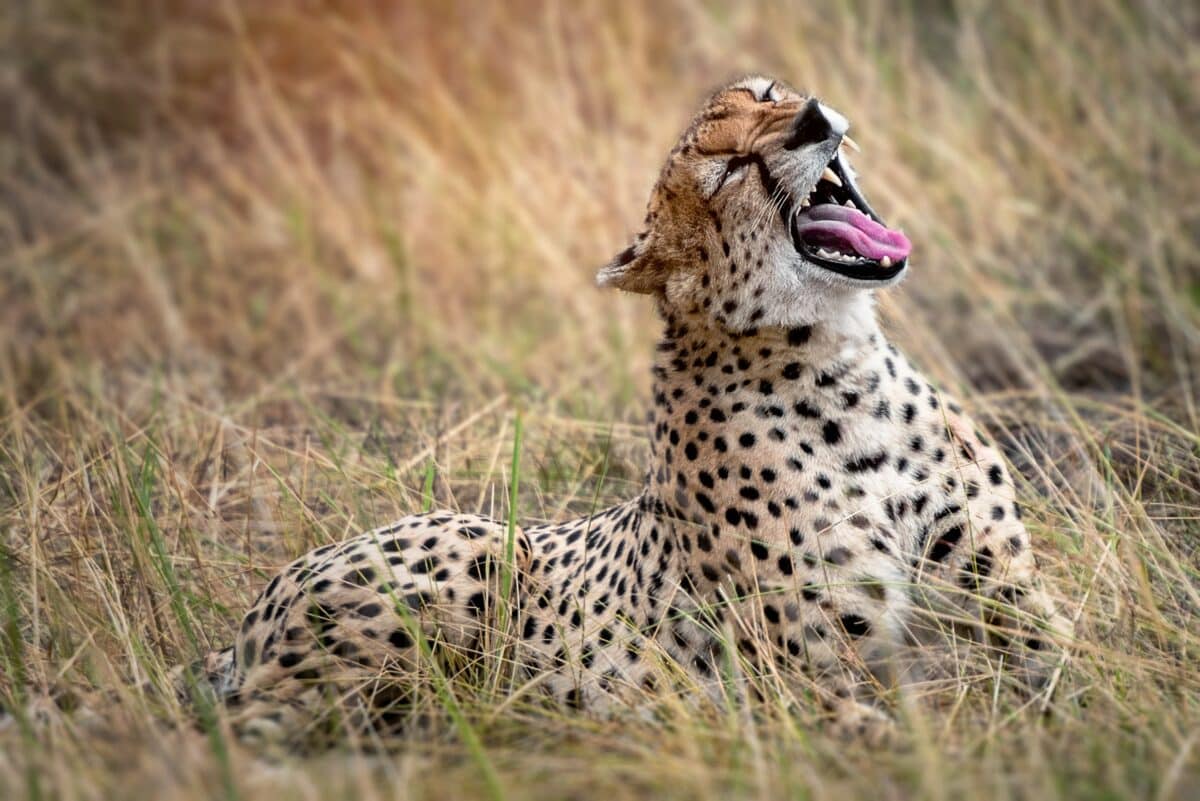
Contagious yawning appears to be associated with empathy, or the tendency of social species to mimic the actions of others. Yawns are a way that animals, including humans, prepare for a transition that affects them individually or as a group.
Contagious Yawning in Animals
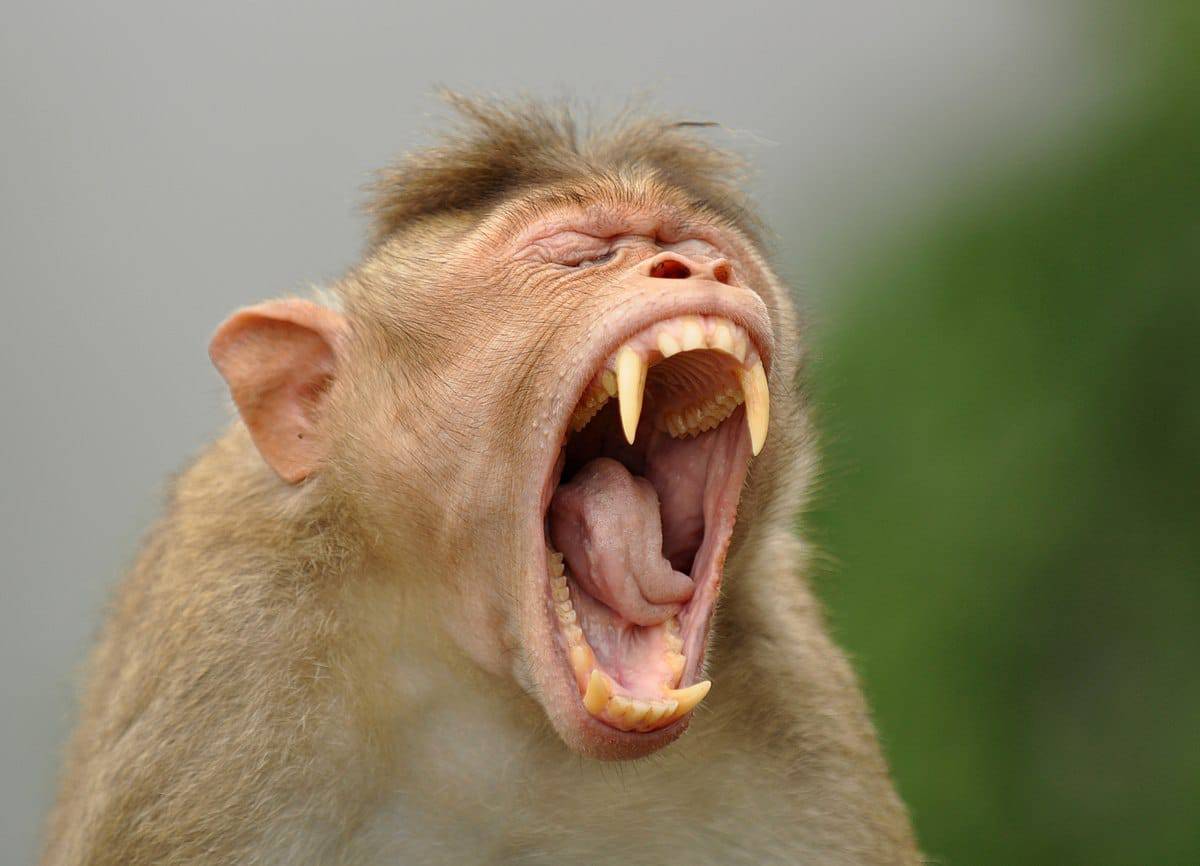
Interestingly, yawning is a way that animals warn and prepare their counterparts against potential danger or encourage some form of group coordination, for instance when planning to attack prey. Contagious yawning helps to increase the alertness of an entire group.
Which Animals Yawn?
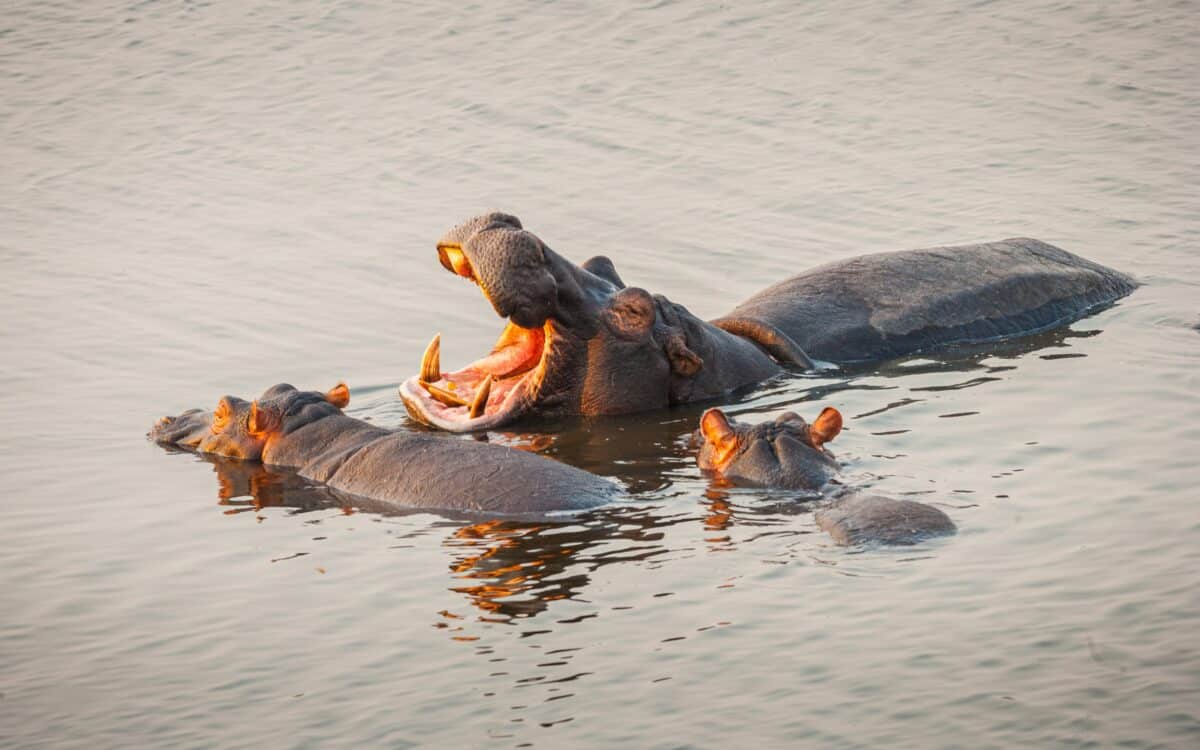
Spontaneous yawning, which is the type of yawning that is triggered by an animal’s own body, has been observed in species of mammals, reptiles, birds, and fish. Contagious yawning, however, has only been observed in a few species, mostly mammals. Here, we list a few:
Wolves
This social species has been observed in captivity to yawn contagiously, likely for social connection or empathy. As carnivores, wolves will also use yawning as a way to ready themselves as a group to attack prey or defend their den.
African Lions
African lions spend upwards of 20 hours a day sleeping. Accordingly, they frequently yawn when waking up and going back to sleep. Lions may hunt solo or in prides but, as far as we can tell, do not yawn in preparation for an attack.
Monkeys
Many species of monkeys have been observed yawning. A recent study found that a type of monkey, the gelada, will even yawn after simply hearing the sound of another gelada yawning.
Rats
These rodents have long been used in labs for scientific research. Lab rats have been observed to yawn as an anxious response to mild stress, and they do this contagiously.
Birds
Several bird species, including the South African ostrich, have been observed yawning, in particular just prior to sleeping. Budgies, a social, domesticated bird species, have shown contagious yawning and stretching and remain one of the few species of birds to exhibit this behavior.
Conclusion
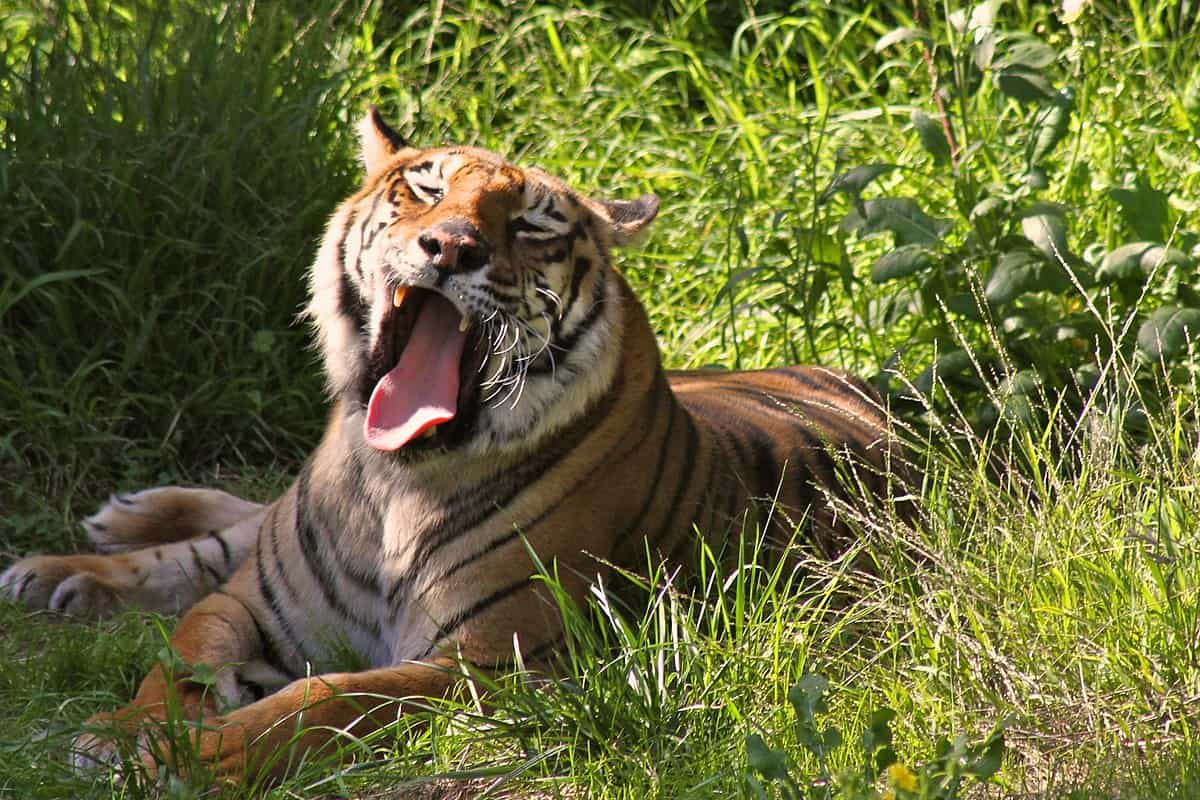
Although much is still not yet known about yawning, it’s fascinating that something so simple and involuntary can connect us with so many diverse species. Perhaps one day yawning may even reveal the true nature of empathy among animals.
You may also like:
- Why Do Lion Not Attack When you Are In Safari Vehicle? The Answer Will Surprise You
- Watch this: Extremely Rare ‘Half-Female, Half-Male’ Bird
- New Finding Shows that Bears have a Sense of Beauty as they often Admiring Views
Join our Forum for free today!

- Glow-in-the-Dark Sharks & Other Fascinating Bioluminescent Fish - July 10, 2024
- Why Flamingos Are Totally Hardcore - July 3, 2024
- Nuclear Tech to Combat Poaching: Radioactive Rhino Horns - July 2, 2024

